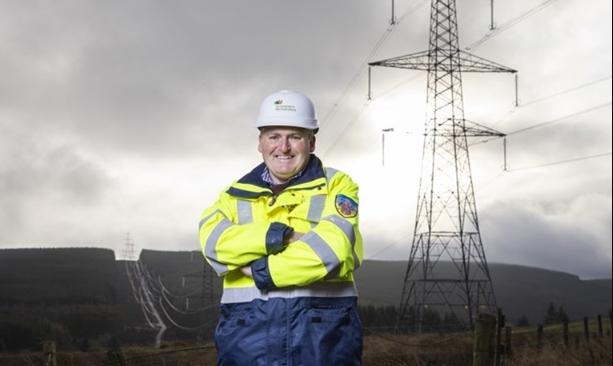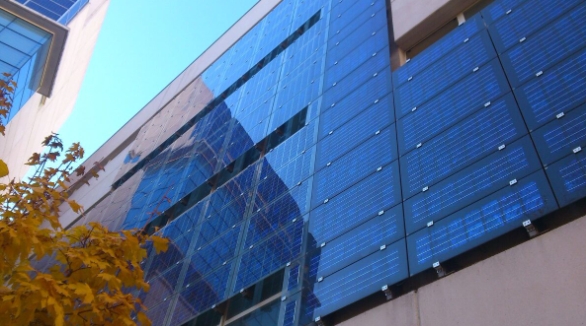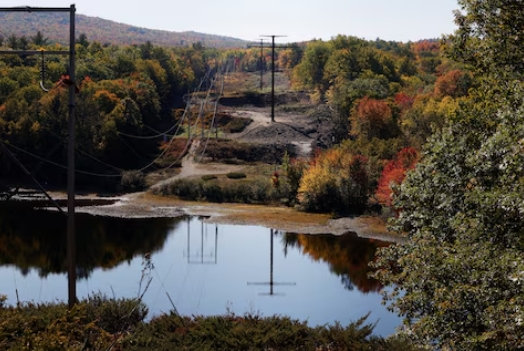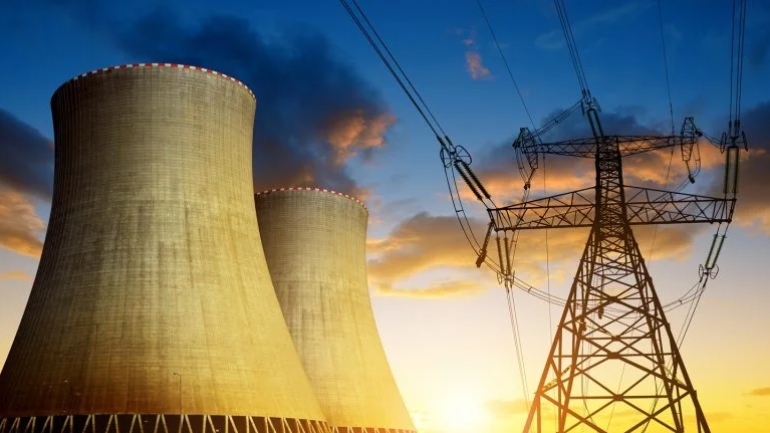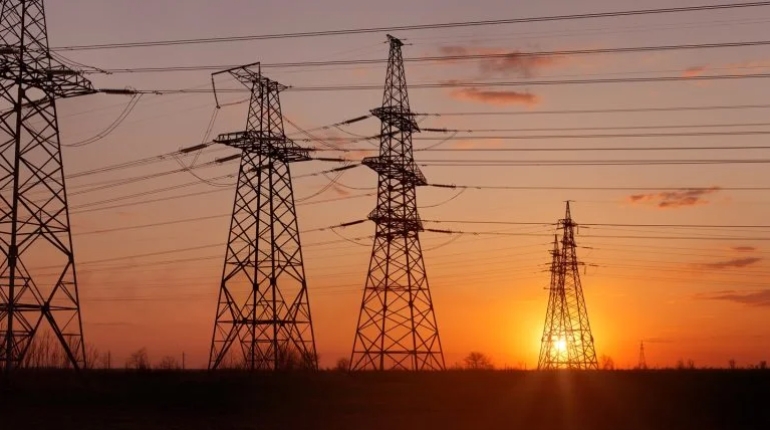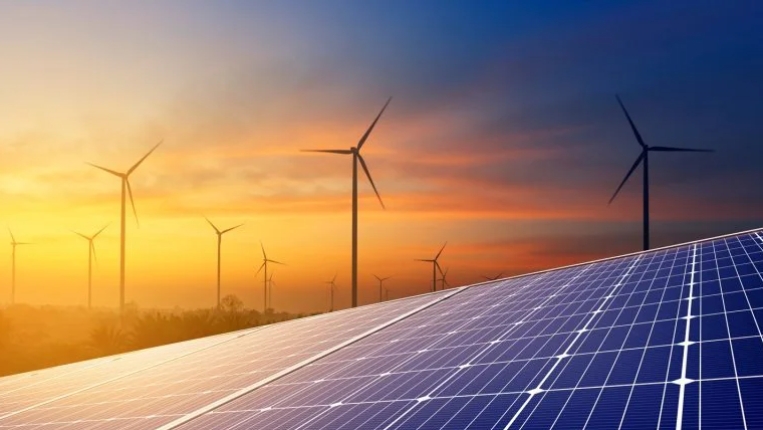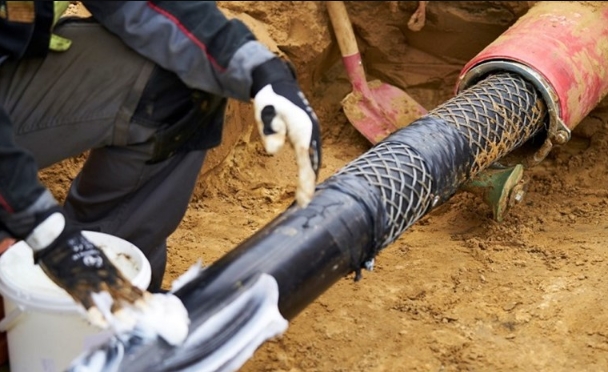The European Bank for Reconstruction and Development (EBRD) will finance a $80 million-equivalent loan to help Kazakhstan upgrade the wastewater treatment facilities at the Atyrau oil refinery, the bank said on June 3, noting that nearly 300,000 inhabitants of Atyrau in western part of the Central Asian country will enjoy major environmental benefits.
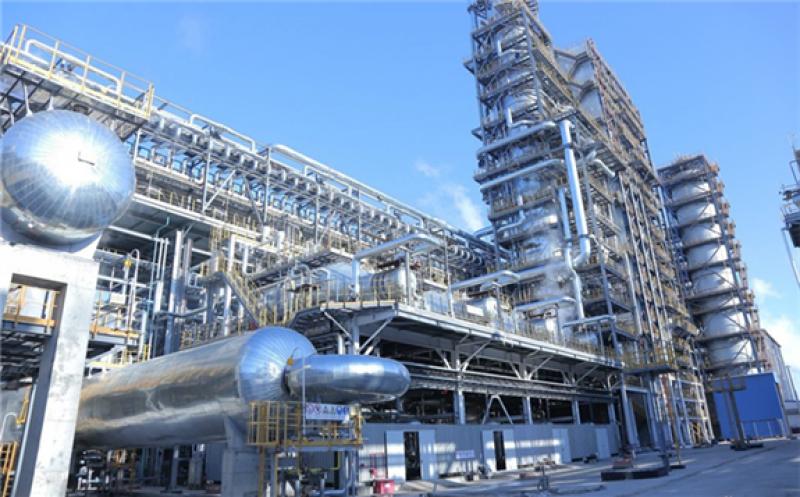
The remediation work is the result of a long-term engagement between the EBRD and the refinery that combines financing and reforms aimed at reducing the environmental impact of the plant’s operations, the EBRD said.
The EBRD loan, to be disbursed in Kazakh tenge, will help the Atyrau oil refinery, a wholly owned subsidiary of KazMunayGas, Kazakhstan’s leading vertically integrated oil and gas company, modernise industrial wastewater treatment facilities, construct a secure 3.5 kilometre sewage pipeline and overhaul 860 hectares of evaporation ponds, which are located close to the city boundary.
Once implemented, the project will increase water reuse and reduce the withdrawal of freshwater from the Ural River. The latter is especially important for the Atyrau region, known for its low levels of rainfall throughout the year.
The new treatment facilities, which will meet the highest international standards and address air and soil pollution issues, will eventually lead to the full substitution of freshwater intake from the river, improve the quality of treated industrial wastewater and reduce odours associated with the refinery’s obsolete treatment facility and canals.
As part of the project and in partnership with a local university, Atyrau oil refinery has also committed to introduce a specialised training programme for hundreds of young local men and women. The investment will contribute to the creation of a green, gender-oriented and inclusive economy in Kazakhstan and help to boost the resilience and competitiveness of the local economy.
To date, the EBRD has invested more than $7.95 billion in the economy of Kazakhstan through 280 projects.

